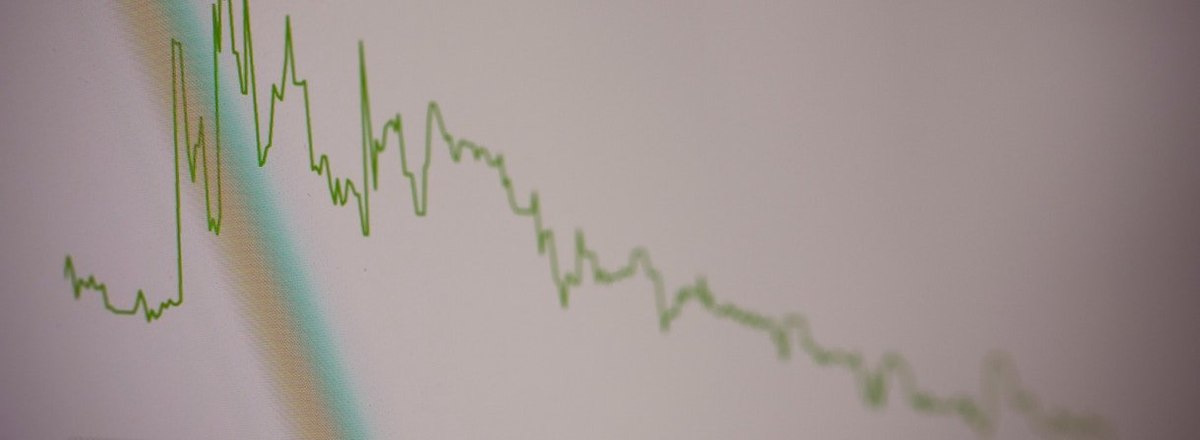New polling by the Economist/YouGov finds that for a majority of Americans, inflation is a more important issue than unemployment. About half of Americans believe that the official numbers on inflation understate the problem.
While 53% of Americans say inflation is a more important national problem than unemployment, just 4% say unemployment is a more important problem; 38% say both are equally important. While 57% report having been personally affected “a lot” by inflation, just 21% say unemployment has had a lot of impact on them.
Most believe that the government was wrong when it reported a 3% inflation rate last week — the lowest official inflation rate since 2021: 53% say the actual rate is higher than 3% and only 29% believe the government figure is accurate, while 13% are unsure. Among Democrats, 35% say the inflation rate is higher than the report claims; among Republicans, the share is 74%.
More — 44% — believe in the accuracy of the reported unemployment rate of 3.6%, near the jobless rate before the pandemic. One in three overall (32%), including 17% of Democrats and 46% of Republicans, say there are more people unemployed than suggested by the government report.
See the toplines and crosstabs from the Economist/YouGov poll conducted on July 15 - 18, 2023 among 1,500 U.S. adult citizens.
Methodology: Respondents were selected from YouGov’s opt-in panel using sample matching. A random sample (stratified by gender, age, race, education, geographic region, and voter registration) was selected from the 2019 American Community Survey. The sample was weighted according to gender, age, race, education, 2020 election turnout and presidential vote, baseline party identification, and current voter registration status. Demographic weighting targets come from the 2019 American Community Survey. Baseline party identification is the respondent’s most recent answer given prior to November 1, 2022, and is weighted to the estimated distribution at that time (33% Democratic, 31% Republican). The margin of error for the overall sample is approximately 3%.
Image: Unsplash (Markus Spiske)












